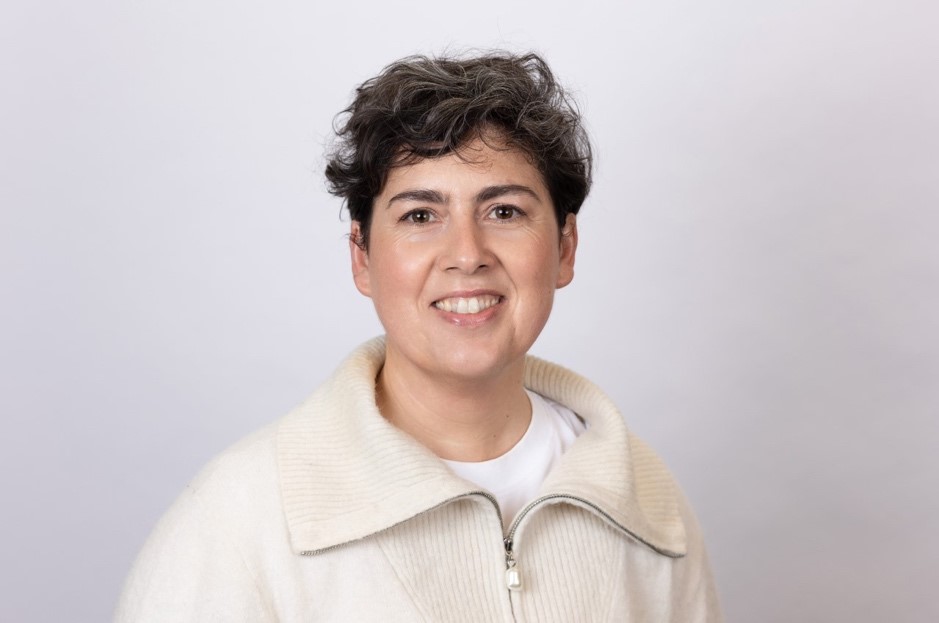Major European Grant to investigate sustainability in European horticultural greenhouses
Researcher dr. Rebeca Ibáñez Martín receives a prestigious ERC Starting Grant for her research project VITALGREENHOUSE. Greenhouses as Vital Landscapes: Sustainability, Relationality, and the Future of Food.
The project, which has been awarded 1.5 million euros for five years, analyses sustainability transitions in European horticultural greenhouses in relation to mobility, particularly flows of migrant workers, the circulation of non-humans as collaborators or pests, and technological interventions and innovations. This project asks: how is sustainability being conceived and practiced in diverse and competing ways in the greenhouse? To answer these questions, the project deploys an innovative combination of multisited ethnography and more-than-human ethnography.
Greenhouses as vital landscapes
The research team will compare how sustainability is imagined and performed in two European industrial greenhouse hubs, the Netherlands and Spain. VITALGREENHOUSE departs from envisioning greenhouses as contained and controlled, and instead reconceptualizes them as vital landscapes, sites alive with experimentations, transforming and transformed by their surroundings. Thus, instead of seeing the greenhouse as a technological fix, or presuming sustainability as a universal value, Ibáñez Martín’s approach brings together vital aspects that are usually kept separate, such as the ways growers are required to adopt new technologies, workers’ mobilities, and the collaborations with other-than-humans such as pollinator bees.
New perspectives on planetary transformations
VITALGREENHOUSE will inscribe greenhouses in a longer history of human relations with the environment, bringing together the questions of the exploitation of landscapes, digitalisation, mobilities, and human and other-than-human work. The innovative concept of vital landscapes will generate a new critical perspective on planetary transformations and advance theoretical debates in critical infrastructure studies, multispecies relations, and decolonial thought.
The project VITALGREENHOUSE is embedded in the broader research approach of the Meertens Institute to study culture both in the Netherlands as well as in ‘the world’ as related to the Netherlands, and connects to the institute’s overarching research theme on ‘environmental cultures’ – specifically to its thematic line on ‘Shifting relationships between humans and other-than-humans’.
The ERC grant enables the appointment of a team of two PhD candidates (4 years) and one postdoctoral researcher (4 years).
Rebeca Ibáñez Martín is a senior researcher at the Ethnology department of the Meertens Institute (KNAW), where she leads the thematic line on Anthropology of Food, Body and Wellbeing. Her academic career focuses on topics relating to environmental anthropology such as waste water innovative infrastructures, human-and-other than human relations in farming practices, and metabolic relations. She innovatively combines anthropological methods with Science, Technology and Society (STS) methods and theoretical approaches. Since May of 2023 Rebeca coordinates the new Environmental Humanities initiative of the Humanities Cluster (HuC-KNAW) committed to set up an environmental humanities program to participate in the national KIN initiative.
Twitter: @rebecaibanezm

About the grant and the European Research Council (ERC)
The ERC Starting Grant is a fellowship awarded by the European Research Council (ERC), Europe’s leading funding organisation for excellent frontier research. The ERC funds creative researchers of all nationalities and ages for projects across Europe. The ERC offers four core grant schemes: Starting Grants, Consolidator Grants, Advanced Grants and Synergy Grants.


